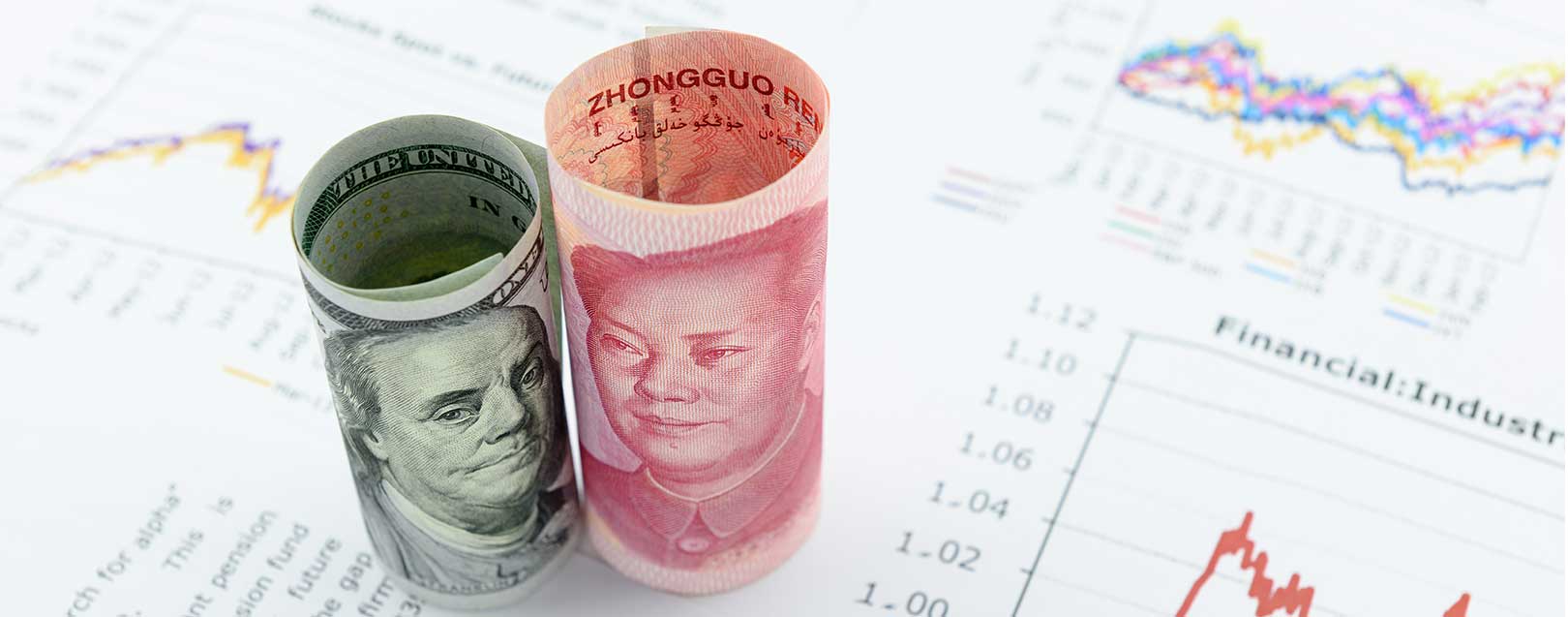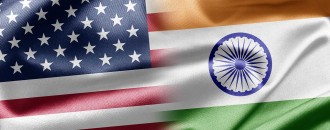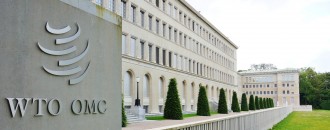
China cautions rise of protectionism, pushes Asia-Pacific trade deals
The Dollar Business Bureau
Before the departure of Chinese President Xi Jinping for the Asia-Pacific Economic Cooperation (APEC) summit to be held in Peru from November 19-20, Li Baodong, the country’s Vice Foreign Minister cautioned about the upsurge of protectionism and said that the region required a free trade agreement (FTA) as soon as possible.
“Trade and investment protectionism is rearing its head, and Asia-Pacific faces insufficient momentum for internal growth, and difficulties in advancing reforms,” Li said, while briefing reporters.
Li also opined that China thinks it should set a very practical and fresh working plan, to respond positively to the industry’s expectations, and maintain momentum in order to create a free trade area in the Asia-Pacific region at an early date.
During his presidential election campaign, Donald Trump took a protectionist stand on issues related to trade and termed the Trans-Pacific Partnership (TPP) supported by President Barack Obama as a ‘disaster’. There is only a little possibly of it to come up for vote before his inauguration ceremony in January.
TPP, which excluded China, had been framed by Obama in an effort to write trade rules in Asia before China could, creating US economic leadership in the area as part of his ‘pivot to Asia’.
President Xi, aside from Peru, will also make visits to Ecuador and Chile during his week-long trip to the Latin American countries. Both Peru and Chile are parties to the TPP.
Beijing has recommended the Regional Comprehensive Economic Partnership (RCEP) and the Free Trade Area of the Asia Pacific (FTAAP), which several observers look as the competitors to TPP.
The group of RCEP includes 10 members of Association of South East Asian Nations (ASEAN) plus Australia, China, South Korea, Japan, India and New Zealand, but excluding the US.





 to success.
to success.